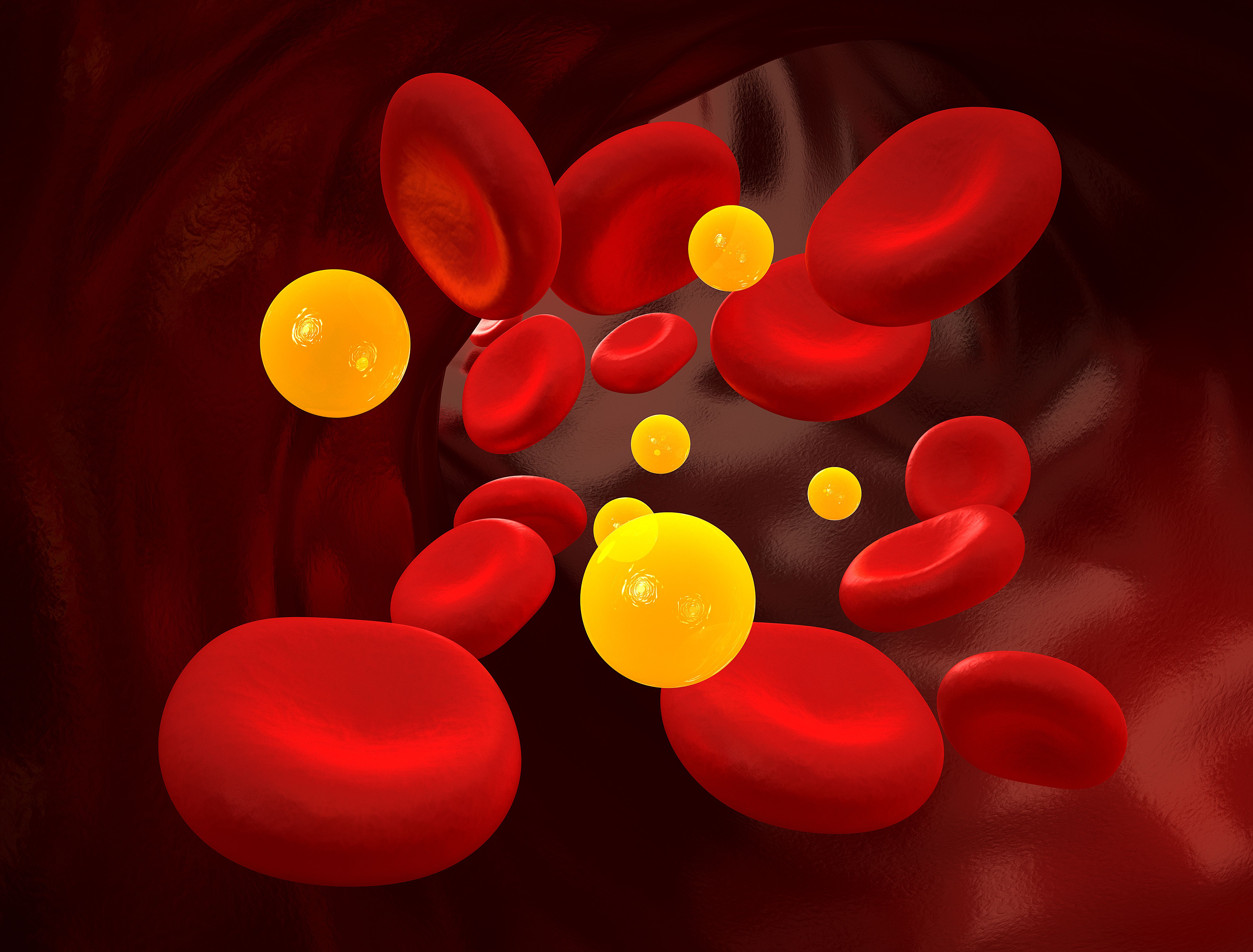Video
The Importance of Creating Awareness for FCS
Author(s):
Transcript:
Andres Gelrud, MD: Darlene, why is it so important to create awareness around FCS [familial chylomicronemia syndrome]? Secondly, how can people get involved? I believe many people who have FCS wish they could do more to create awareness and to help other people who may be struggling. What do you recommend? What are your words of wisdom?
Darlene Voll: The importance of creating awareness is promoting the fact that we’re so rare. People simply don’t know what FCS is. They don’t understand the condition, so making more people aware of FCS may connect the dots to help others achieve a diagnosis. Many people don’t have lipid specialists, or they live in an area where physicians are not as familiar with this disease. Therefore, if people can become their own advocate and understand what their symptoms are while being aware of FCS, it may trigger the desire to investigate further. Acquiring a diagnosis is significant because an individual could be going down the wrong path to manage symptoms without the FCS diagnosis.
As a result, the more people who can share stories and experiences can combat that fact that there is not a lot of information when you may potentially have FCS. For the individual who is going through a medical issue that no one understands how to treat, having that awareness and connection to others who have this illness is invaluable. I never met someone with FCS until I was 40 years old, and now I can help others with the disease who are younger than me, who have similar circumstances. Now, I can share my experiences and teach others about what has helped me over the years. Truly, having an active community to look out for each other and help one another is priceless.
We have a website called livingwithfcs.org. We also have a Facebook community called Living With FCS. People can reach out on the website or they can reach out on Facebook to join us. Our Facebook group is very active. Again, we have people who just received a diagnosis and they don’t know what the first steps are. What is the diet? The community often responds with recipes and similar resources while we rally around them and help them get used to dealing with FCS.
Andres Gelrud, MD: Darlene, you’re making a very good point because I think people don’t know in general what resources are available out there for patients and family members. It is nice to hear that there is so much activity and resources available.
Darlene Voll: Yes, it has increased greatly over the last few years with the creation of the FCS Foundation and the FCS Facebook group, which has 60 members. Notably, many members are caregivers, or patients themselves, or grandparents of children who’ve just been diagnosed, and are looking for advice or people who understand what it’s like and can provide support. The online community is a great thing to have and a great tool to use if you’re newly diagnosed, or even if you’ve had FCS your whole life.
Transcript Edited for Clarity





